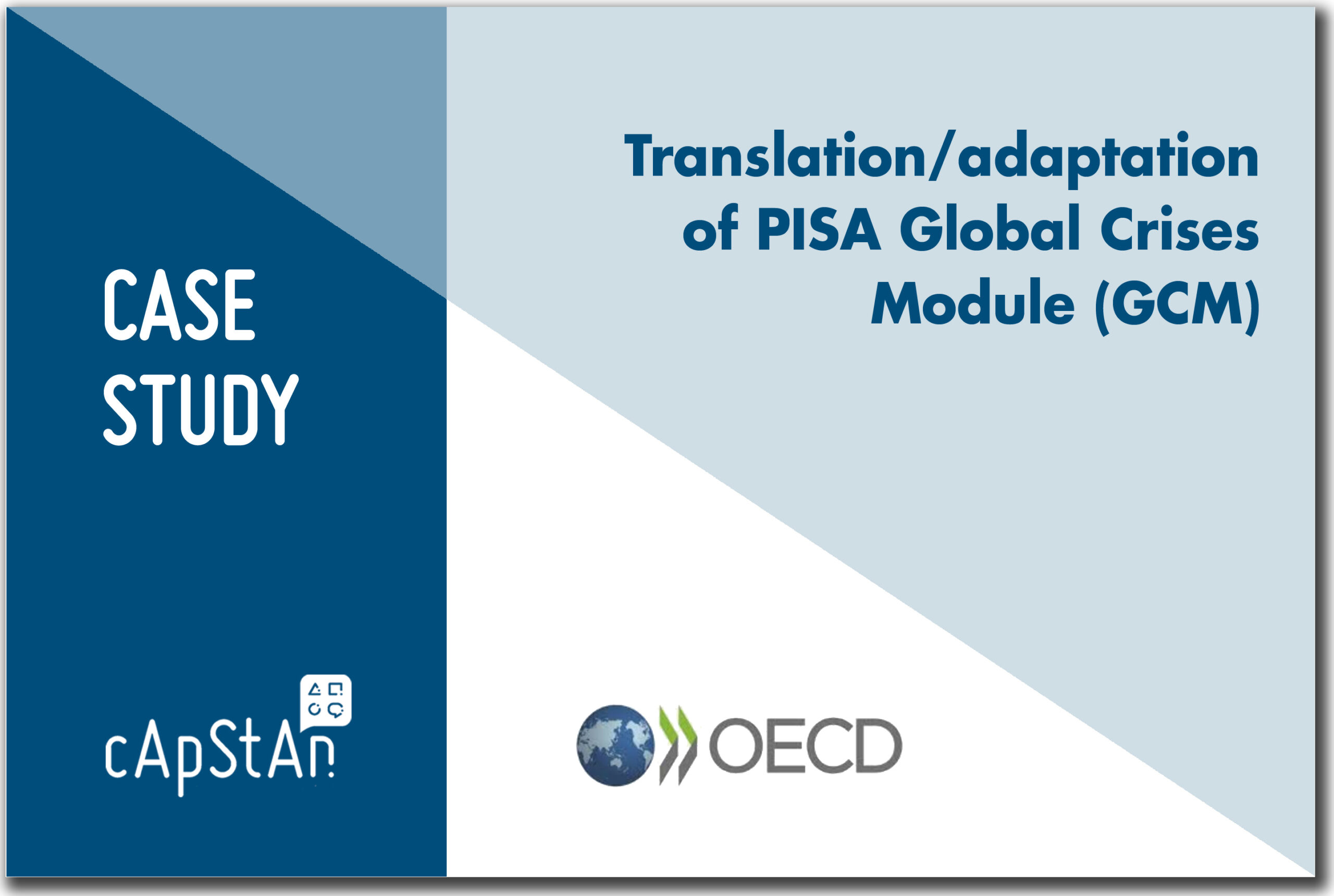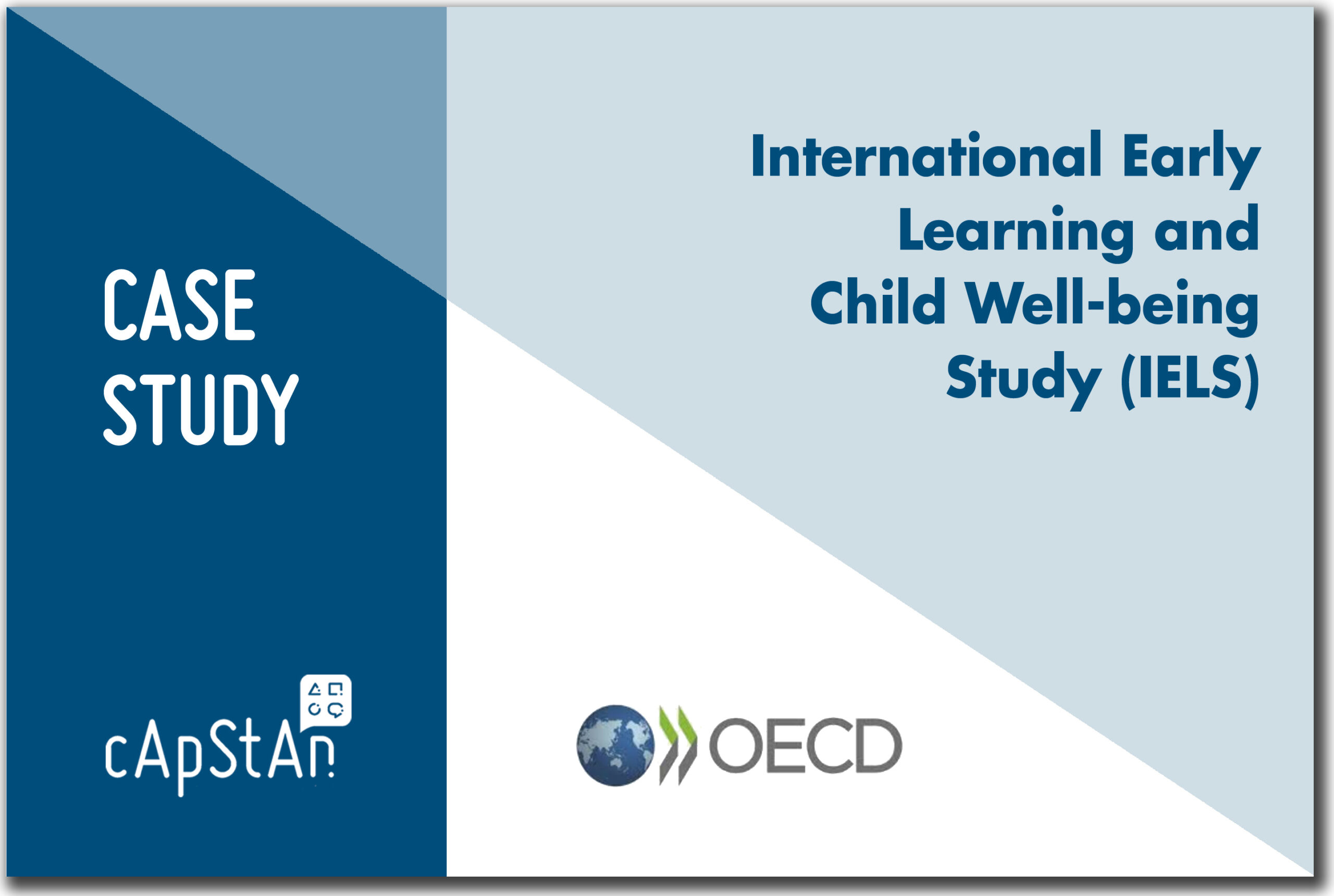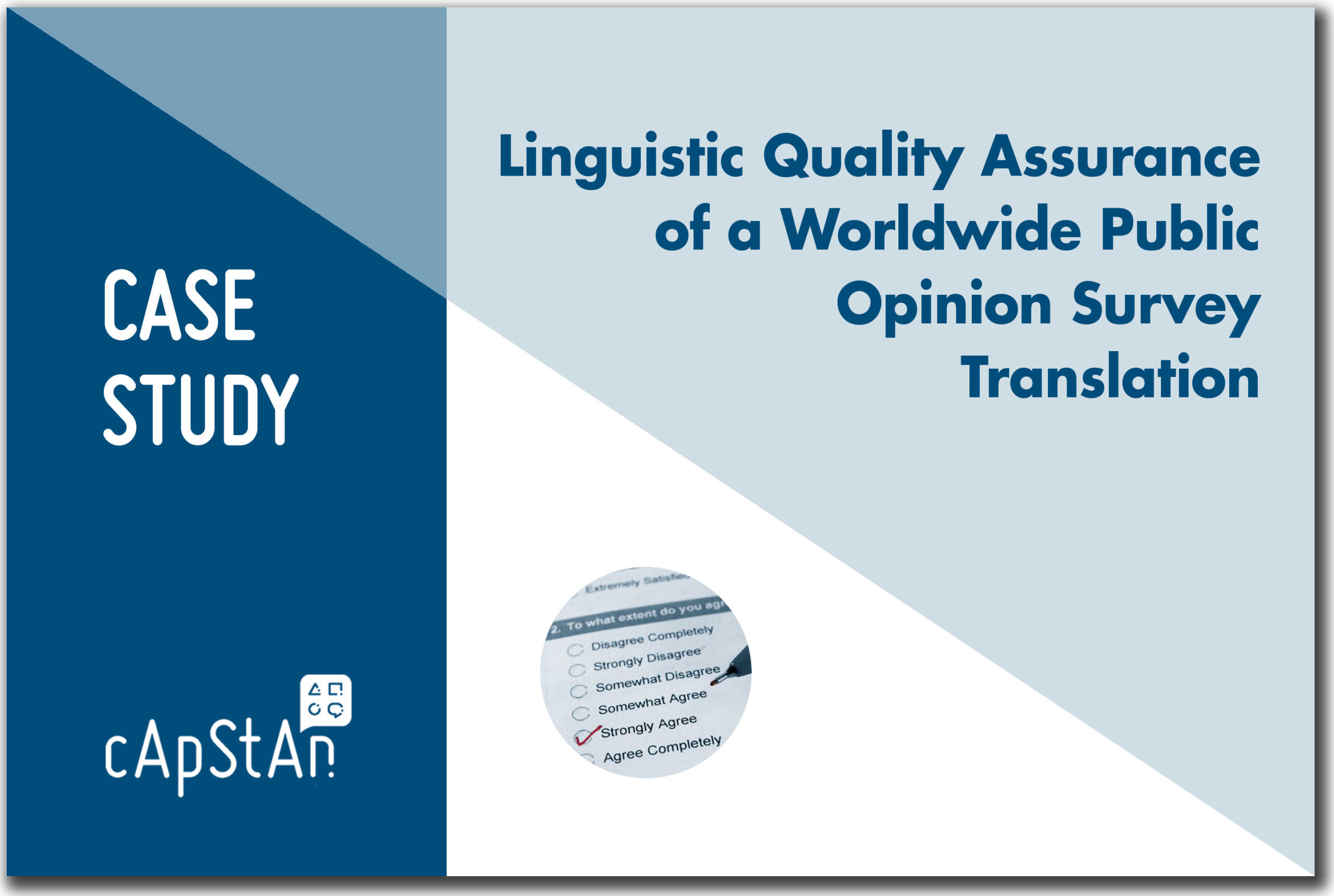We engineer equivalence
Security, Traceability, Total Quality Management
Linguistic Quality Assurance (LQA) is a set of processes designed to ensure that translated content will be understood and function the way the owners or sponsors of the source content intended.
LQA has technical components:
- Content profiling: differentiating between different types of content and channelling each type towards the appropriate pipeline
- Optimising source content: separating text from layout, parsing content earmarked for translation, locking or hiding untranslatable content, identifying risks at an early stage
- Selecting the best tools or providers, evaluating and benchmarking their quality, setting thresholds
- Creating APIs and connectors to link your organisation’s platform to the translation kits
- Translatability assessment
- Item-by-item translation & adaptation notes for linguists
- Prompts to customise the language models
- Quality frameworks and documentation
- Alignment with the International Test Commission’s Guidelines for Translating and Adapting Tests and the University of Michigan Survey Research Center’s Cross-Cultural Survey Guidelines
LQA involves linguistic expertise:
cApStAn Modular Approach – Our language services are organized in 20 modules that can be combined on the basis of needs, requirements and goals to arrange the best workflow for each project.
Download Our Modular Approach Document
OUR LQA SOLUTIONS
Content profiling
What? Distinguish different types of content and set the criteria they must meet
How? Content owner and cApStAn project manager agree on a matrix to differentiate content e.g. according to sensitivity, target audience, high stakes or low stakes. cApStAn tech team creates the different pipelines and labels the content so that it can be routed correctly.
To manage resources efficiently; to add value where it matters most
Translatability assessment
What? High-stakes tests or surveys
How? Linguists from different language families pre-translate and report on potential issues and our in-house application Tally consults our issues database. A cApStAn consultant collates the feedback and proposes preventive action in agreement with the content owners/authors.
To identify potential translation issues ahead of time
Item-by-item translation and adaptation notes and prompts
What? High-stakes tests or surveys; learning content
How? Clear and concise instructions to help linguists focus on the linguistic features that drive the psychometric properties of items. Prompts for the language models used to generate automated translations of ancillary content.
To guide the linguists and the models; to drive translation quality
Bilingual glossaries and style guides
What? Instruments with special terminology or multiple rounds of administration. Reports.
How? We extract terms and expressions, build term bases and propose translations. We prepare language-specific and project-specific style guides. The client or their local partners validate these before we leverage them to customise the translation kits and the language models.
To build consensus early in your project
Localisation workflow optimization
What? Any multilingual or multinational project
How? Assistance in extraction, segmenting, exporting and importing content. Programming rules to handle markup, fills, special tags, or dynamic text efficiently. Managing user credentials of online translation editors to eliminate file manipulation and downloads.
To increase efficiency and improve user experience
Translation verification and final checks
What? Data collection instruments and sensitive content
How? An extra layer of quality control for third-party translations. Trained cApStAn verifiers conduct a comparison of the target with the source, focusing on meaning and linguistic equivalence. They use a framework of Verifier Intervention Categories to report issues. Once the revision steps are complete, we can perform a final check to ascertain that the translated content displays correctly in the production environment.
To ensure quality of form and content
Cross-Cultural Adaptation And Validation of Data Collection Instruments
Requires a LQA design that focuses on equivalence and comparability. cApStAn helps you select the right combination of processes to maximize linguistic, cultural and functional equivalence in your translated versions.


